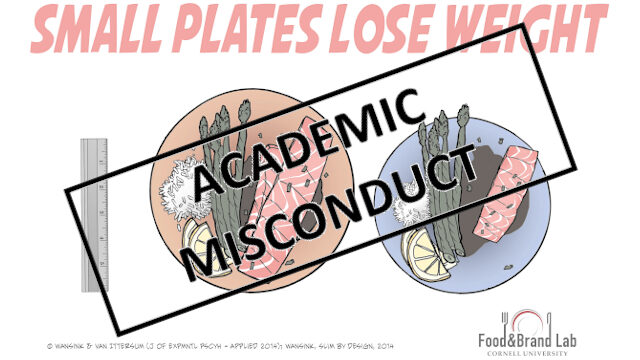academia
-
Brain power

Academic output controlled by a minority of universities
In the US, just five universities dominate the flow of ideas, despite the recognized benefits of a diverse range of…
-
Evidence-based knowledge management

Business school leadership development programs are not always evidence-based: What about KM education?
To what extent are knowledge management (KM) education programs evidence-based?
-
Analysis & counterpoints

Open access to scholarly knowledge in the digital era: Introduction
An inflexible historical understanding of open access risks leading us into either overly instrumental conceptions or critiques that foreclose the…
-
Brain power

How to bridge the gap between industry and academia
Exploring the role of hubs as knowledge bridges between academic science and corporate technology.
-
Systems & complexity
![Collaborating on Research by National Eye Institute [Flickr image]](https://realkm.com/wp-content/uploads/2018/07/9955278615_c5356cdffd_z.jpg)
The need for academics to develop collaborative skills
The goal of generating breakthrough research and solutions to real human problems simultaneously can be achieved through an approach referred…
-
Community

Simplistic solutions to complex problems turns behavioural science into a dangerous pseudoscience (part 3): Why it’s dangerous
Simplistic obesity messages have led to obese people being stigmatised which manifests as discrimination, social isolation, teasing, and bullying.
-
Quality of science and science communication

How do academic ideas spread?
Recent research paints a fairly dim picture of the success academia has had in diversifying both its workforce and the…
-
Community

Simplistic solutions to complex problems turns behavioural science into a dangerous pseudoscience (part 2): Why it’s pseudoscience
Presenting evidence to show why advancing simplistic solutions in ignorance of complexity and compounding this ignorance through confirmation bias turns…
-
Community

Simplistic solutions to complex problems turns behavioural science into a dangerous pseudoscience (part 1): Confirmation bias and complexity
High-profile Cornell University food researcher Brian Wansink has been found guilty of academic misconduct. How and why did this happen?
-
Systems & complexity

Practices that can facilitate knowledge transfer in university–industry research partnerships
Effective knowledge transfer between universities and industry advantages both parties.

